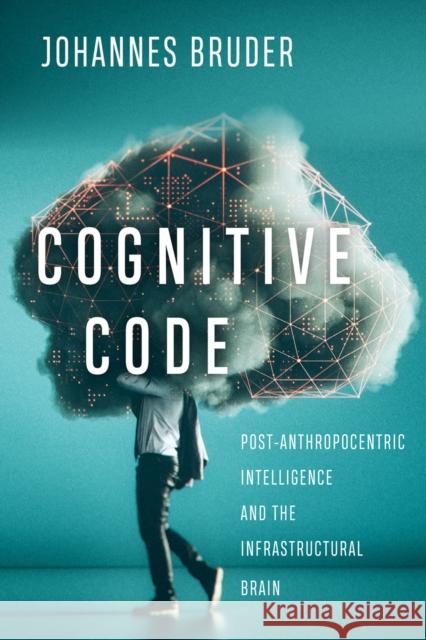Cognitive Code: Post-Anthropocentric Intelligence and the Infrastructural Brain » książka
Cognitive Code: Post-Anthropocentric Intelligence and the Infrastructural Brain
ISBN-13: 9780773559165 / Angielski / Twarda / 2020 / 256 str.
Cognitive Code: Post-Anthropocentric Intelligence and the Infrastructural Brain
ISBN-13: 9780773559165 / Angielski / Twarda / 2020 / 256 str.
(netto: 519,23 VAT: 5%)
Najniższa cena z 30 dni: 541,84
ok. 22 dni roboczych.
Darmowa dostawa!
As the second decade of the twenty-first century draws to a close, the cultural, social, and economic effects of artificial intelligence are becoming ever more apparent. Despite their long-intertwined histories, the fields of neuroscience and artificial intelligence research are notoriously divided. In Cognitive Code Johannes Bruder argues that seemingly incompatible scales of intelligence - the brain and the planet - are now intimately linked through neuroscience-inspired AI and computational cognitive neuroscience. Building on ethnographic fieldwork in brain imaging labs in the United Kingdom and Switzerland, alongside analyses of historical and contemporary literature, Cognitive Code examines how contemporary research on the brain makes routine use of engineering epistemologies and practices. Bruder elaborates on how the question of mimicking human cognition and thought on the scale of computer chips and circuits has gradually evolved into a comprehensive restructuring of the world through "smart" infrastructures. The brain, traditionally treated as a discrete object that thinks, is becoming part of the larger thinking network we now know as "the Cloud." The author traces a recent shift in the goals of brain imaging to show that the introduction of novel statistical and computational techniques has upset traditional paradigms and disentangled cognition from its biological substrate. Investigating understandings of intelligence from the micro to the macro, Cognitive Code explains how the future of human psychology is increasingly determined by engineering and design.











